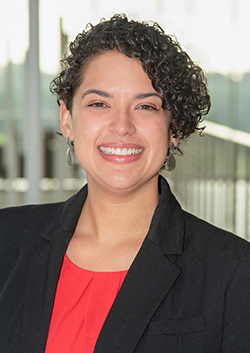 Dr. Lauren Gilbert, PhD, MPH is an academic researcher specializing in health access and community-driven research,
with a particular focus on rural areas and communities with limited resources. With
a Ph.D. in Sociology and an MPH with a concentration in public health policy and management,
Dr. Gilbert brings interdisciplinary expertise to address differences in health outcomes
and collaborating with groups that have historically faced barriers to care.
Dr. Lauren Gilbert, PhD, MPH is an academic researcher specializing in health access and community-driven research,
with a particular focus on rural areas and communities with limited resources. With
a Ph.D. in Sociology and an MPH with a concentration in public health policy and management,
Dr. Gilbert brings interdisciplinary expertise to address differences in health outcomes
and collaborating with groups that have historically faced barriers to care.
Her work emphasizes supporting communities with fewer resources, prioritizing the perspectives of those directly affected to ensure that research is informed by real-world experiences. With extensive experience in community-based research, Dr. Gilbert employs a participatory research approach, emphasizing collaboration with local groups to align research with their needs and priorities. Her research spans outreach programs, evaluation strategies, medical sociology, and public health policy and management. Dr. Gilbert has previously worked with a variety of partners, including community health workers (CHWs), healthcare providers, and local stakeholders, ensuring that research findings translate into meaningful, data-driven decision-making. Her expertise in qualitative methods extends to leading mixed-methods projects, social media analysis, and online surveys, translating findings into state and community reports, peer-reviewed publications, and accessible presentations.
Dr. Gilbert has built strong partnerships with rural communities and organizations through previous roles at Mercer University School of Medicine and the University of Houston, where she led health education initiatives, naloxone accessibility research, and qualitative studies engaging local populations. In Wyoming, she is collaborating with county-based substance use prevention coalitions, applying an evaluation framework to support data-driven prevention planning. Her research also explores the challenges of securing mental and behavioral health services in rural areas, with a focus on expanding peer support services and incorporating the insights of individuals with firsthand experience to improve health outcomes.

